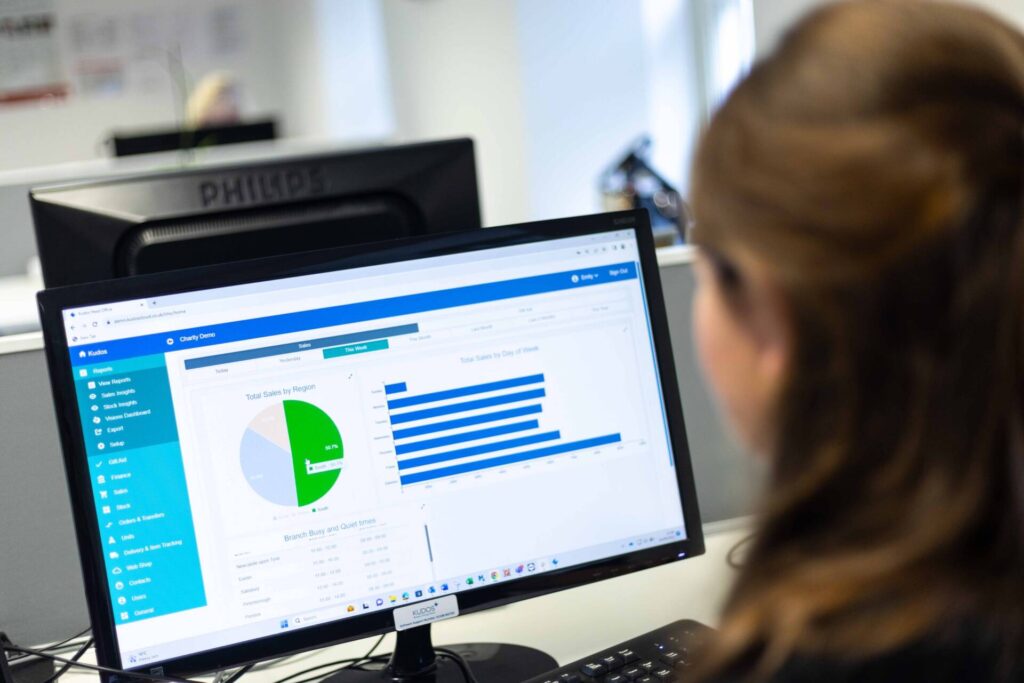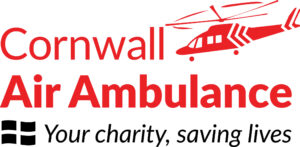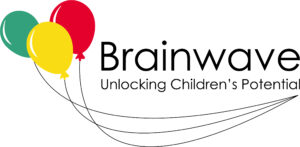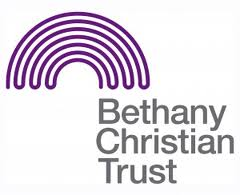Retail software and technology have made business intelligence and data analysis accessible for charity shops. By using the tools and integrations available to them charity retailers can access reports and insights that show what’s happening in their shops and make informed, data-driven decisions.
Regular and reliable data becomes the eyes and ears across a retail operation, which leads to a greater understanding of customers, opportunities and potential problems. Collecting data is a requirement but data analysis and taking action is business critical.
Key Takeaways
- Charities should use business intelligence to see what’s happening across the retail network to make truly informed, data-driven decisions. By leveraging BI tools and retail technologies, charities identify trends, gain valuable insights and drive growth.
- Real-time reporting tools help to gather data and generate up-to-date information from multiple data sources on key metrics. Business intelligence interfaces provide data visualisation, offering a clear picture of complex data through charts and graphs.
- By using BI tools and data analytics to understand customer shopping habits and identify market trends, charities can turn data into actionable insights, streamlining processes, and shaping their strategies to meet customer expectations.
Understanding Business Intelligence
Having the right information at the right time is essential for managing an effective retail operation. That’s where business intelligence comes in – it’s designed to deliver powerful analytics across the organisation. BI transforms raw data into meaningful insights and actionable information.
Analytics enables charities to gain a deeper understanding of key performance indicators (KPIs), share best practices, identify problems before they start to have an impact, and use valuable insights to support the shop team in achieving their goals, driving growth and maximising income opportunities.
BI involves converting raw data into meaningful insights and actionable information, allowing charity managers to see what’s happening in stores and identify trends.
Sales data, for example, enables charities to see staffing levels v’s footfall, identifies high and low performing stores, and helps with understanding stock levels.
Business Intelligence Tools and Technologies
The Kudos Business Intelligence (BI) system collects, analyses, and presents data via the browser-based Head Office, transforming raw data into insights, to support decision-making for retail, area and shop managers who can then optimise bought-in stock, allocate space, manage cash flow, introduce promotions, and make purchasing decisions based on accurate real-time data.
By leveraging popular business intelligence tools, retail decision-makers can access accurate and timely information, via customisable reports, to analyse data, generate actionable insights and improve data driven decision making.
BI tools provide data visualisation, offering a clear picture of complex data through charts and graphs. Kudos’ customisable dashboard gives you all the information you need, at-a-glance to make data driven decisions. See what’s happening with sales, Gift Aid, stock, furniture collection, delivery rounds, and security, with the web-based BI dashboard.
Data Analysis and Visualisation
Increasingly complex data has led to advancements in BI management systems offering quick and accurate data retrieval. Data analysis is an important part of business intelligence, with the best business intelligence platforms pulling lots of different data from various sources into easy to understand, accessible reports that provide a comprehensive overview. This level of detail enables charity retailers to identify patterns and trends easily.
Data visualisation, graphs and custom dashboards enable charity managers to spot trends, quickly and efficiently, speeding up the time it takes to extrapolate complex data and gain valuable insights.
Retail systems, API tools and powerful integrations such as PowerBI, provide interactive dashboards and reports that present information in a visually appealing and easy-to-understand format. Charities can export data from retail, finance and fundraising to produce a holistic overview of supporters and customers and therefore of the entire organisation’s multiple income streams, helping managers to make informed decisions and giving charities a competitive edge.
Real-Time Reporting and Data Governance
Real-time reporting tools involves gathering data and generating up-to-date information from multiple data sources on key metrics pertaining to sales, Gift Aid, stock and market trends, providing valuable insights and business intelligence that empowers charity decision makers to make informed decisions on resource allocation.
Data governance from the business intelligence market and regulatory bodies such as HRMC for Gift Aid, GDPR, and ISO27001 are standards that play a crucial role in safeguarding accurate, secure and up to date data, giving charities assurance over the security and use of their data.
Effective data management, data cleansing and rigorous data handling processes are also crucial for maintaining data quality and accuracy.
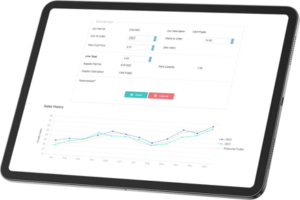
Identifying Customer Behaviour and Preferences
Business intelligence tools can help retail managers and business leaders to analyse customer and supporter behaviour and donation and shopping preferences. By using BI tools and data analytics to understand customer preferences and identify market trends, charities can turn data into actionable insights, streamlining processes, and tailoring their marketing strategies to meet customer expectations. This data driven approach leads to more sales, more gift aid sign ups, and enhanced customer satisfaction.
EPOS data mining, business intelligence tools, and analytics integrations can help charities identify areas where resources can be optimised; reporting on sales per square foot, store comparisons, stock optimisation and footfall statistics can be analysed to make strategic business decisions for operational success, and to give charities a competitive edge.
BI enables decision-makers to focus on relevant data that drives performance and supports long-term planning. Moreover, it fosters a culture of data-driven decision-making across the organisation, encouraging retail teams to utilise analytics in their daily operations.
Cost Reduction and Efficiency
Business intelligence contributes to cost reductions and operational efficiencies by identifying areas where resources can be optimised or reallocated – helping charity shops with their decision making, reducing running costs and maximising income.
Merchandising can be a profitable part of the charity retail mix, understanding sales of bought-in goods helps buyers with purchasing and distribution decisions.
Efficient throughput of donated stock is becoming increasingly important to charities. Using BI to optimise stock distribution and promotional tools that makes way for new stock to come through to the shop floor, ensures the flow of donations through the charity retail operation to the sale and Retail Gift Aid claim.
BI tools help charitable organisations streamline processes and operations, giving a competitive advantage that results in reduced costs and improved decision making processes.
Future of Business Intelligence
BI adoption is on the rise among UK charities, reflecting its growing importance. The future trends of business intelligence promise exciting possibilities for charities, including the integration of artificial intelligence and machine learning. Artificial intelligence technologies have the potential to automate big data analytics and improve decision making processes, enabling organisations to interpret complex data, using predictive analytics to gain insights far faster, and make more informed decisions. Cloud-based business intelligence solutions will continue to drive the adoption of BI, offering scalability, accessibility, and cost-effectiveness.
Implementation and Best Practices
Charities should focus on setting up the correct reporting and analytics that allows decision makers to easily access essential information on a regular basis. Business intelligence tools should be used to enhance and ratify decision making to drive business growth and as part of a wider strategic toolkit.
Organisations should choose a business intelligence system that enables the user to drill-down to granular data that answers their questions. Different job roles will require different data analytics that works for them, providing valuable insights and input into their business strategies. Decision-makers can combine analytics with other information and make decisions based on data, experience and expertise.
Good quality data must be evaluated regularly and benchmarked against strategic criteria. Retail managers should develop a way of sharing this information in a timely and regular manner, in a format that is easily accessible and relevant to key individuals within the organisation.
Conclusion
Many charities are researching how business intelligence helps in decision making; business intelligence should play a crucial role in a charity’s decision-making process and long-term strategy. By leveraging business intelligence tools and retail technologies, charities gain valuable insights and drive growth.
Having a charity retail system that can be configured to reflect the way you trade is a massive advantage, so charities need to find a solution, and a process, that provides reliable data in a format that can be easily accessed and understood.
Embracing business intelligence enables organisations to unlock the power of their data, by using actionable insights to make informed choices that lead to improved operational efficiency, enhanced customer satisfaction, and organisational success.
In summary, when business intelligence is closely aligned with strategic goals, it not only enhances operational efficiency but also empowers charities to thrive in today’s competitive retail environment.
Frequently Asked Questions
